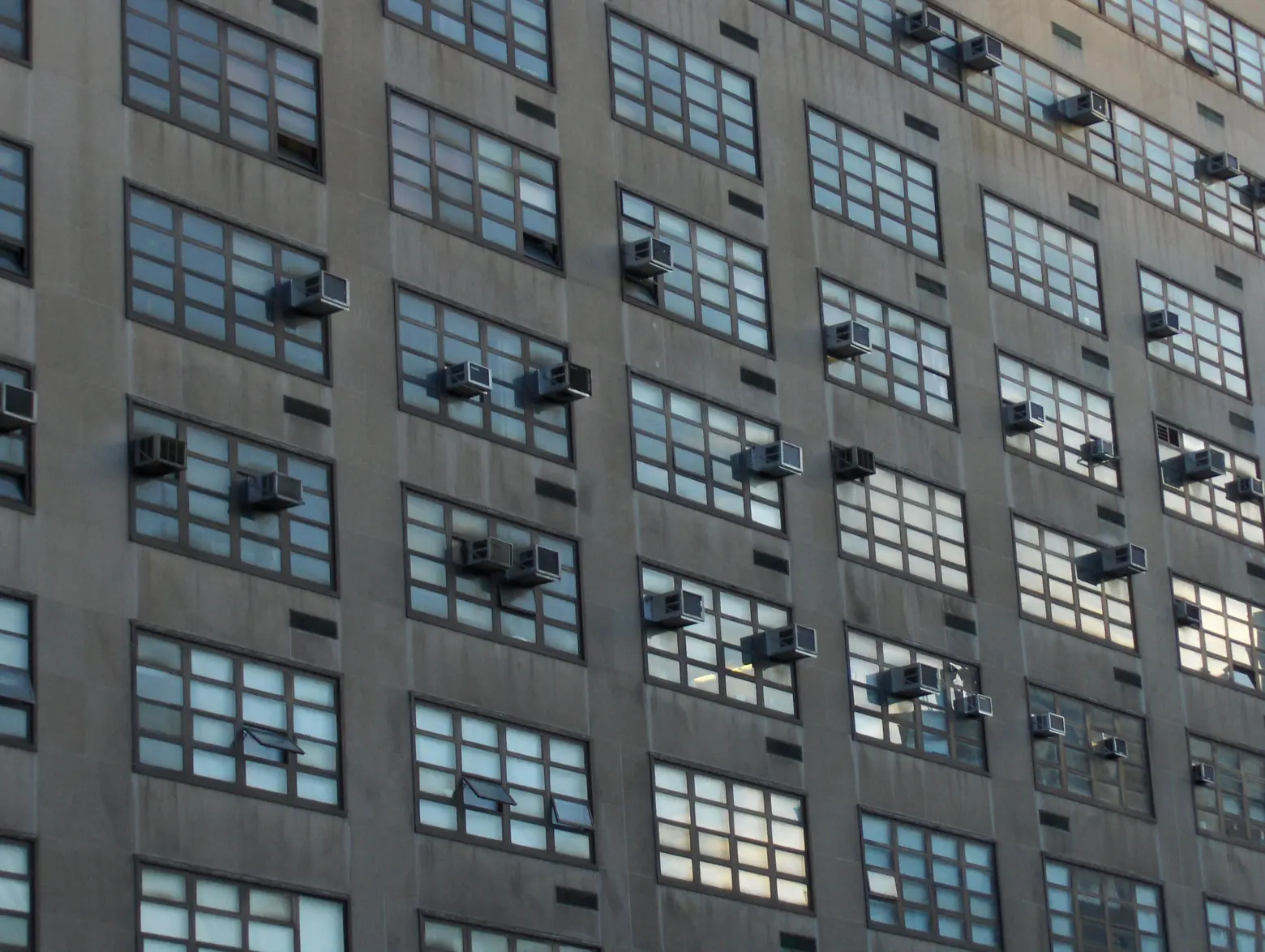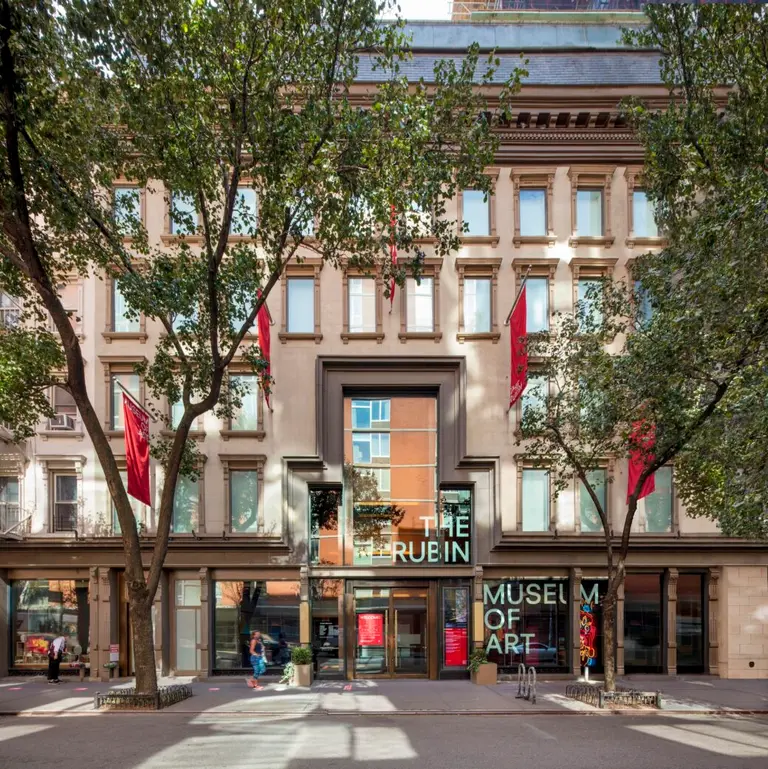New bill would require NYC landlords to provide air conditioning during the summer

Photo courtesy of Joe Shlabotnik on Flickr
After multiple heat waves this summer, a Brooklyn elected official has proposed legislation mandating landlords provide air conditioning to tenants. Last week City Council Member Lincoln Restler introduced a bill to update the existing housing code and require landlords to provide tenants with air conditioning in the warmer months, just as they are required to provide adequate heat during the winter. If the legislation is enacted, property owners would have four years to comply with the rule or face up to $1,250 in fines per day for noncompliance.
The current housing code requires landlords to turn on the heat when outdoor temperatures drop below 55 degrees, maintaining indoor temperatures at 68 degrees or higher between 6 a.m. and 10 p.m., and at 62 degrees or higher at night.
Similarly, Restler’s proposal would require building owners to maintain a maximum indoor temperature of 78 degrees when it is 82 degrees or higher outside from June 15 to September 15. The law would apply to high-rises, walk-ups, and multi-family buildings, including city-owned properties.
Roughly 350 New Yorkers die due to heat-related incidents every summer, according to the city’s health department. Black New Yorkers are twice as likely to die from the heat as white residents, with lack of air-conditioning contributing to the disparity. As of 2017, 91 percent of NYC households had air-conditioning, according to city data.
The city’s most recent heat-related mortality report indicated that people were also dying on “non-extreme heat days,” when the temperature was above 82 degrees but below the “extreme heat threshold” of 95 degrees, according to the New York Times.
Neighborhoods with the least access to air conditioning also have the highest rates of heat vulnerability, including Central Brooklyn, Harlem, Southeast Queens, and the Bronx.
Property owners have expressed concerns about the potential costs of the law, especially as many are already working to comply with Local Law 97, which caps carbon emissions from large buildings.
“Any proposal in this space must carefully balance the needs of New Yorkers, the diversity of the building stock, the added cost burdens on tenants and owners, and the ability of the electrical grid and distribution system to meet the added demand,” a spokesman for the Real Estate Board of New York told the Times.
Landlords would be required to submit a report on how they plan to abide by the new measure within two years after the bill is enacted to the city’s Housing and Preservation Department (HPD), according to Gothamist. They could apply for a delay in case of financial hardship, including major capital improvements.
However, landlord advocates say they would need more time to meet the bill’s requirements. There are roughly one million rent-stabilized units across the five boroughs, 90 percent of which were constructed before 1974. These older buildings need expensive renovations to ensure consistent cooling, Jay Martin, executive director of the Community Housing Improvement Program, told the Times.
Under the bill, tenants can report cooling inadequacies to HPD, which would then inspect the property. Fines would range from $350 to $1,250 per day, with landlords who address the cooling problem within 24 hours of their first violation paying only $250.
RELATED:
Interested in similar content?
Leave a reply
Your email address will not be published.





























You have to be kidding providibg aur conditioning never happen
I live at 184 east 32 street Brooklyn New York in the basement it very hot an when winter it is cold how do I get help I get assortment frm the landlord an his tenant daily I been living there for the pass 8yrs I under go depression mole water floor out etc trying to get a place but no luck am asthmatic trying my best to get someone come inspect this house